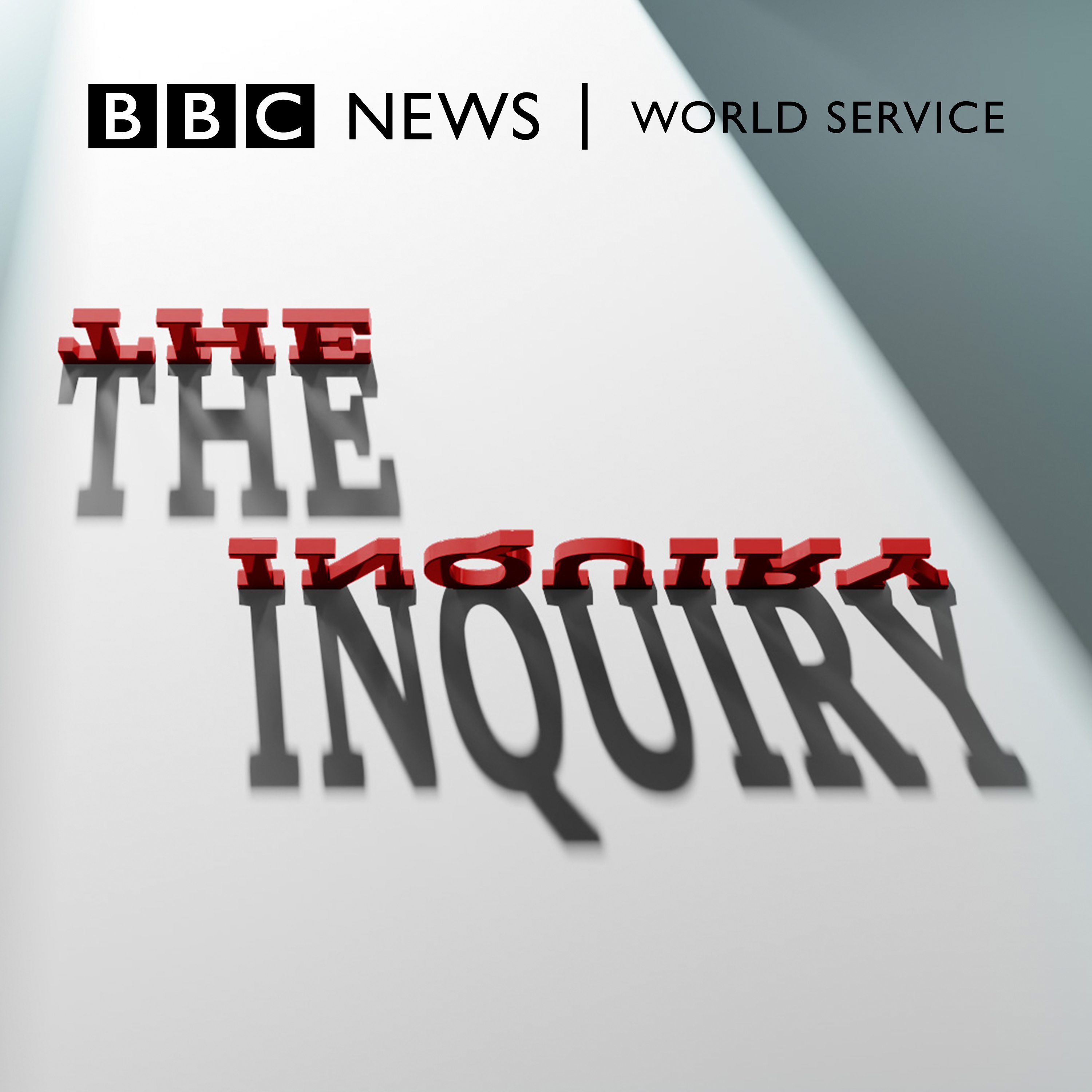
Can Nigeria’s next president fix its problems?
The Inquiry
On 25 February, Nigerians go to the ballot box to vote for their next president. For the first time in a long time, the Incumbent president will not be contesting the elections – having already served the maximum allowed two terms.
Since 2016, the country has spiralled down as inflation has hit over 20% and unemployment rides at around 30% overall, and 60% for the young. Banditry and kidnappings have become lucrative methods of making a living in the country and a pervading sense that this could be now or never for Nigerians hangs ominously.
Three candidates have emerged as the front runners for the elections. The stalwarts Bola Ahmed Tinubu of the All Progressive Congress, or APC, and Atiku Abubakar, of the People’s Democratic Party, or DPD, are familiar faces from familiar parties. Power has been shared between the two parties since 1999.
Peter Obi is the outsider who has taken a dramatic lead over recent weeks in the polls. He represents the Labour Party who have never held power and is offering to run the country in a different manner to what the country has been used to thus far.
Foreshadowing the entire event is the expectation that Nigeria is expected to reach a population of around 400 million by 2050, making it the fourth largest country in terms of population by this date. That is an increase of around 60-80% of the current population estimates. Ensuring the infrastructure is in place for such a boom in population will be pivotal to Nigeria’s ability to both maximise the potential for its citizens whilst gaining the most from them.
Presenter: Charmaine Cozier Producer: Christopher Blake Researcher: John Cossee Editor: Tara McDermott
(Photo: Supporter of Nigerian opposition the Labour Party waves a green and white flag in a street procession in Ikeja district, Lagos, Nigeria. Credit: Kintunde Akinley/EPA-EFE/Rex/Shutterstock)
Next Episodes

Can the Taliban tackle Afghanistan’s terror problem? @ The Inquiry
📆 2023-02-02 09:30 / ⌛ 00:24:25

Will international support for Ukraine last? @ The Inquiry
📆 2023-01-26 09:30 / ⌛ 00:24:27

Are we running out of microchips? @ The Inquiry
📆 2023-01-19 09:30 / ⌛ 00:22:59

Can microbes feed the world? @ The Inquiry
📆 2023-01-12 09:30 / ⌛ 00:22:58

Should other countries adopt Canada's immigration model? @ The Inquiry
📆 2023-01-05 09:30 / ⌛ 00:24:07